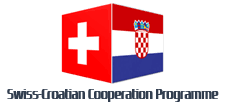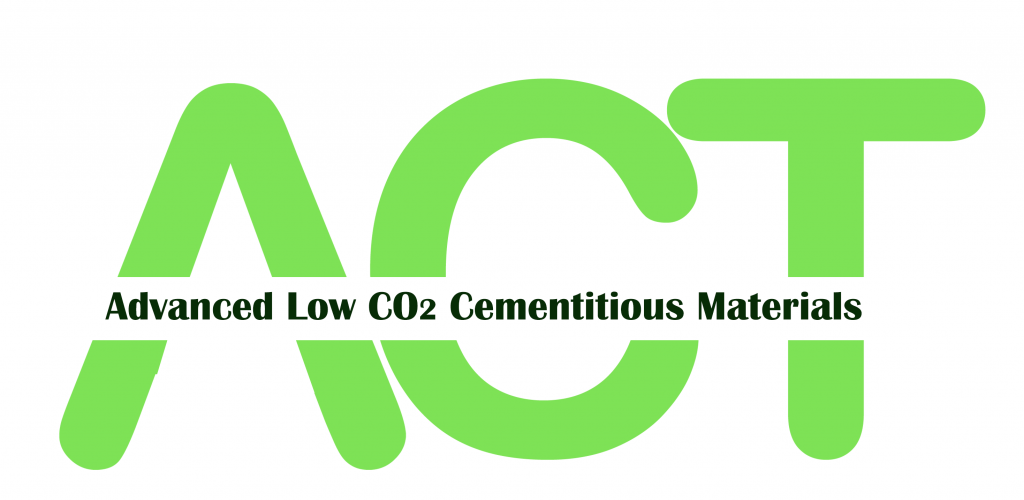Funding agency: Croatian Science Foundation and the Swiss National Science Foundation
Project identifier: Swiss-Croatian Cooperation Programme
Project duration: April 2019 – March 2022


Project ACT is a collaboration between Professor Karen Scrivener of the Laboratory of Construction Materials at EPFL and Assistant Professor Marijana Serdar from Department of Materials, Faculty of Civil Engineering, University of Zagreb. The proposed work aims to optimise the formulation of cements and concretes based on partial replacement of CO2 intensive clinker by locally available waste streams and by-products as supplementary cementitious materials (SCMs). This will have the dual benefit of reducing CO2 emissions and utilising materials which would otherwise be landfilled.
The main activity of the project is carried out by 2 PhD students – Matea Flegar and Kiran Ram Porikam Poil, which are based in Croatia and with Professor Serdar as the main supervisor. ACT PhD students spend about one-third of the project at EPFL, learning about microstructural analysis of cementitious materials and applying the methods of Professor Scrivener’s group to their materials.
The two PhD projects focus on two quite different aspects of advanced sustainable concrete. Matea Flegar is looking at how to achieve the minimum environmental footprint for standard concrete: strength in the range 20-40 MPa and no particular durability requirement, for example for housing (low requirement – wide application market). Kiran Ram is looking at high-performance concrete for infrastructure subject to aggressive environments, such as chloride ingress (high requirements – narrow application market).